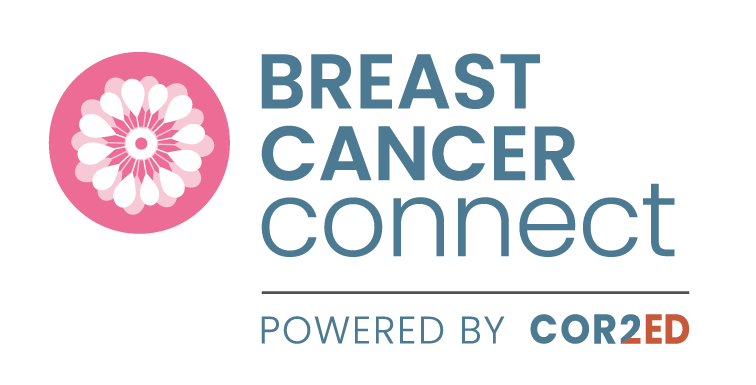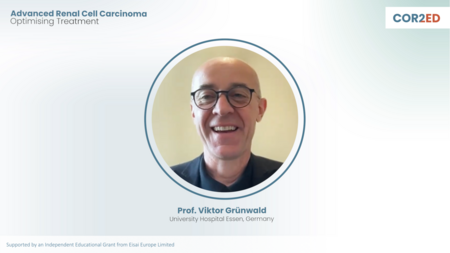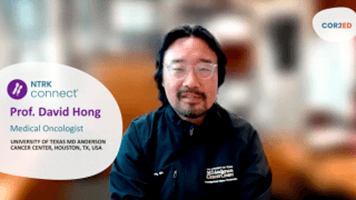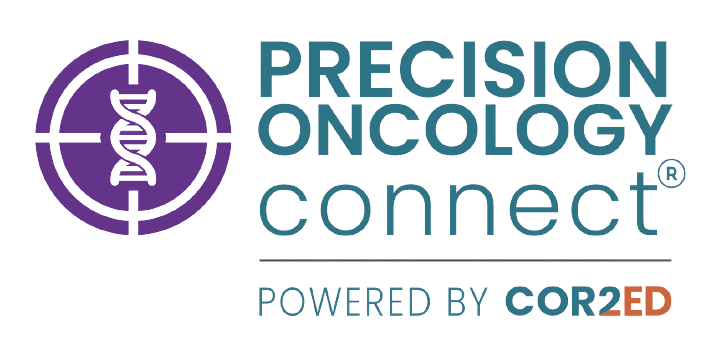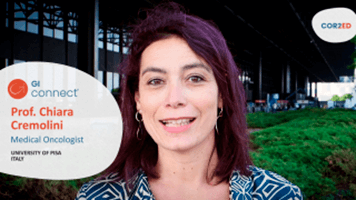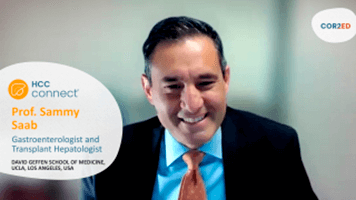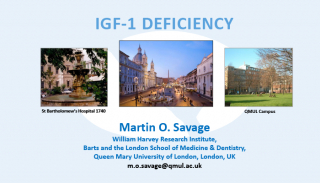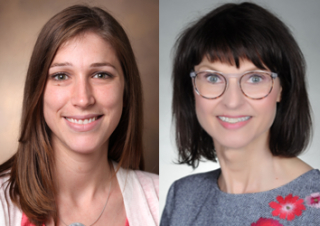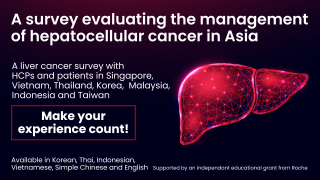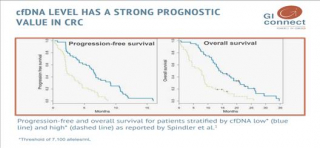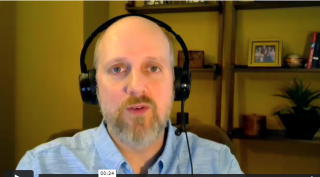GI CONNECT Update from ESMO 2021: non colorectal cancer
GI CONNECT Update from ESMO 2021: non colorectal cancer
Prof. Armin Gerger
GI CONNECT has summarised the highlights on non colorectal cancer from ESMO 2021 for you
Prof. Armin Gerger
Medical Oncologist
Medical University of Vienna
Austria
Prof. Armin Gerger has received financial support/sponsorship for research support, consultation, or speaker fees from the following companies:
|
5 min
|
Sep 2021
This programme was made for you: your opinion matters
Share your feedback in just 4 clicks and help us to continue to create the content you need.
I agree that this educational programme:
Was valuable to me:
1/4
Has improved my knowledge of this topic:
2/4
Is likely to change my clinical practice:
3/4
Was balanced and unbiased:
4/4
download resources
This programme was made for you: your opinion matters
Share your feedback in just 4 clicks and help us to continue to create the content you need.
I agree that this educational programme:
Was valuable to me:
1/4
Has improved my knowledge of this topic:
2/4
Is likely to change my clinical practice:
3/4
Was balanced and unbiased:
4/4
Hi, I’m Armin Gerger. I’m a Medical Oncologist at the Medical University of Graz in Austria. And on behalf of the GI CONNECT group, I’m presenting key abstracts of non-colorectal cancer, from the ESMO congress 2021.
I selected three abstracts today, the first is the CheckMate 649 trial, investigating nivolumab plus chemotherapy or ipilimumab versus chemotherapy as a first-line treatment for advanced gastric/gastroesophageal junction or esophageal adenocarcinoma.
The second abstract is the phase 2 INTEGA trial, investigating ipilimumab or FOLFOX in combination with nivolumab and trastuzumab in HER2 positive advanced oesophageal adenocarcinoma.
And the third abstract is the INTEGRATE phase 3 trial, of regorafenib plus nivolumab versus standard chemotherapy in refractory advanced gastro-oesophageal cancer.
I selected the much anticipated research from the CheckMate 649 trial due to the now longer-term follow-up for nivolumab plus chemotherapy versus chemotherapy alone, so the primary analysis was recently published in the Lancet and for the first results of the early stopped nivolumab plus ipilimumab arm.
I selected the INTEGA trial due to the, in my opinion, very interesting topic of immunotherapy in HER2 positive patients where we saw already very promising research in the KEYNOTE-811 last ASCO with 75% response rate in the pembrolizumab plus trastuzumab plus chemotherapy arm.
I chose the INTEGRATE IIb trial due to the limited treatment options we have in refractory gastric cancer, and the potential, beneficial and biologically plausible effect of anti-VEGF treatment in combination with immunotherapy.
The main conclusion for the updated analysis of the CheckMate 649 trial, is that nivolumab plus chemotherapy continue to show improvement in overall survival versus chemotherapy alone, now is in additional follow-up of 12 months from the primary analysis in this data, in my opinion, supports its use as a standard first-line treatment. The secondary endpoint of overall survival in patients with CPS higher than five, nivolumab plus ipilimumab versus chemotherapy alone was not met.
In the INTEGA trial, trastuzumab plus nivolumab plus FOLFOX showed high efficacy, in my opinion, supports the KEYNOTE-811 trial strategy of adding immunotherapy to standard therapy in the HER2 positive patients. Trastuzumab plus nivolumab plus ipilimumab interestingly did not improve overall survival over standard therapy.
And the INTEGRATE IIb trial is open for accrual and it enrolled the first patient in April 2021.
I would finally like to offer my congratulations to the presenters and the organisers of ESMO 2021, for delivering such an interesting program on a virtual platform, despite the limitations we are facing at the moment.
If you’re interested in the slide deck of this presentation please go to the GI CONNECT website, they are free to download.
Thank you for listening on behalf of GI CONNECT group.
GI CONNECT is an initiative of COR2ED, supported by an Independent Educational Grant from Bayer.









